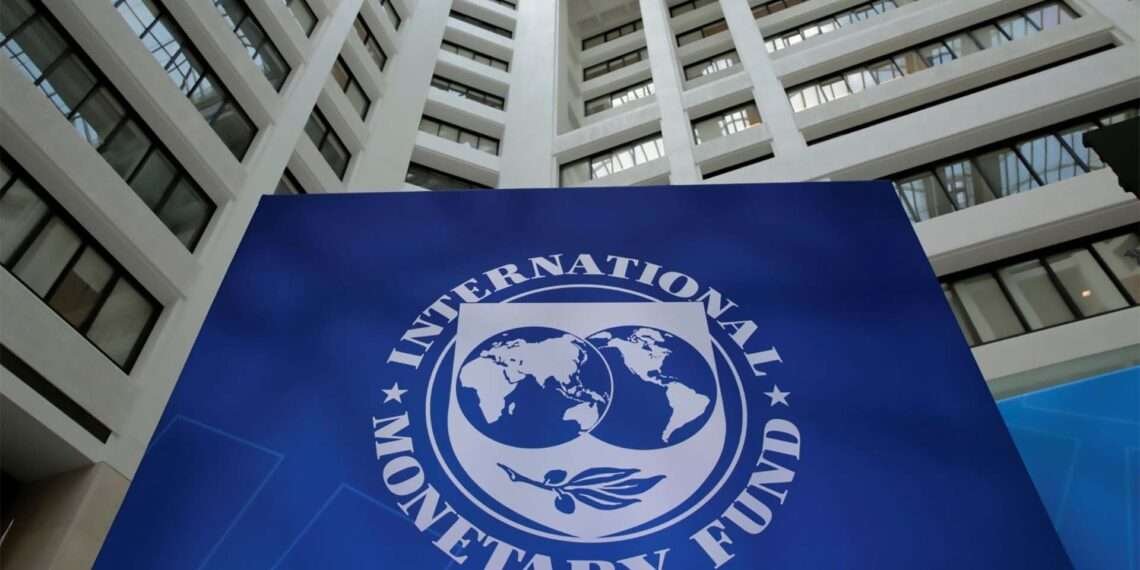In the midst of a pivotal election year, Ghana faces critical fiscal decisions that could define its economic trajectory.
A recent IMF report, “Fiscal Policy in the Great Election Year,” underscored the importance of prudent financial management amidst global economic uncertainties.
As Ghana navigates its election cycle, it may be prudent to heed the IMF’s recommendations to safeguard fiscal sustainability and prioritize long-term economic stability.
The IMF’s Fiscal Monitor urged governments to resist fiscal slippages and instead focus on fortifying fiscal buffers, a message that resonates profoundly with Ghana’s current economic landscape.
The report highlighted a global trend of increased public debt and fiscal deficits, exacerbated by persistent challenges such as high real interest rates and slow growth prospects.
These issues are particularly pertinent in the context of an election year, where governments historically tend to increase spending and reduce taxes, potentially straining fiscal discipline.
Ghana’s fiscal policy must strike a delicate balance between addressing immediate social and economic needs and ensuring long-term fiscal resilience.
The IMF warned against excessive deficits during election periods, emphasizing the importance of fiscal restraint to uphold public finances.
According to the IMF report, “Empirical evidence shows that fiscal policy tends to be looser, and slippages larger, during election years,” revealing a pattern of fiscal laxity that could imperil Ghana’s economic stability.
The report indicated that deficits in election years typically exceed forecasts, posing risks to fiscal sustainability.

IMF’s Recommendations
To chart a sustainable fiscal path, Ghana should consider implementing the IMF’s recommended strategies.
This includes phasing out crisis-era policies like energy subsidies, which can strain public finances.
Moreover, the IMF advocated for reforms to curb rising expenditures while safeguarding vulnerable segments of society.
The IMF’s call for enhanced revenue generation is especially pertinent for Ghana.
As an emerging market economy, Ghana could benefit from broadening its tax base and strengthening revenue administration.
“Revenue should keep up with spending over time. In advanced economies, targeting excessive profits as part of the corporate income tax system could further bolster revenues.
“Emerging market and developing economies could raise their tax revenue potential by broadening tax bases, improving the design of their tax systems, and strengthening revenue administration. Such measures could, in ideal circumstances, yield as much as an additional 9 percent of GDP, our research shows.”
IMF’s Fiscal Monitor
These measures, if effectively implemented, could significantly bolster Ghana’s fiscal resilience and reduce dependency on external financing.
Addressing the long-term fiscal challenges highlighted by the IMF demands a medium-term approach to budgetary planning. Ghana, like many developing nations, faces structural hurdles that require decisive and sustainable fiscal policies.
The IMF’s emphasis on modernizing budget execution through GovTech and enhancing transparency in public finances aligns with Ghana’s ambitions for effective governance and financial accountability.
“For countries in severe debt distress, orderly and timely debt restructuring is important. Continued international cooperation, including through the Group of Twenty Common Framework and the Global Sovereign Debt Roundtable, is crucial to facilitate an efficient debt restructuring process.”
IMF’s Fiscal Monitor
Moreover, Ghana should prioritize fiscal consolidation tailored to its unique macroeconomic conditions. By calibrating fiscal policies according to its specific risks and challenges, Ghana can pave the way for sustainable economic growth.
As such, Ghana stands at a pivotal juncture as it navigates the challenges of an election year against the backdrop of global economic uncertainties.
The IMF’s recommendations underscore the urgency for Ghana to prioritize fiscal discipline, enhance revenue mobilization, and pursue structural reforms that promote long-term fiscal sustainability.
By heeding these recommendations, Ghana can lay a robust foundation for economic resilience and prosperity beyond the election cycle.
READ ALSO: Hamas Announces Acceptance Of Ceasefire























